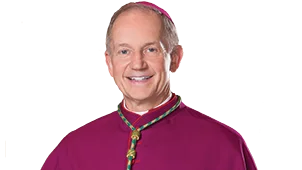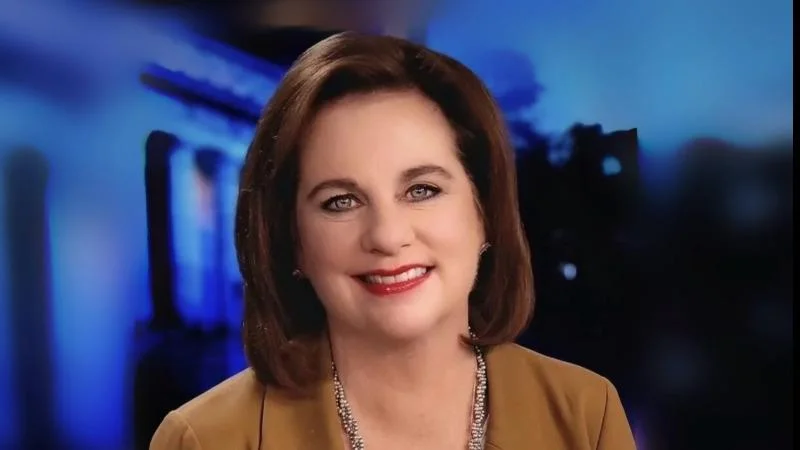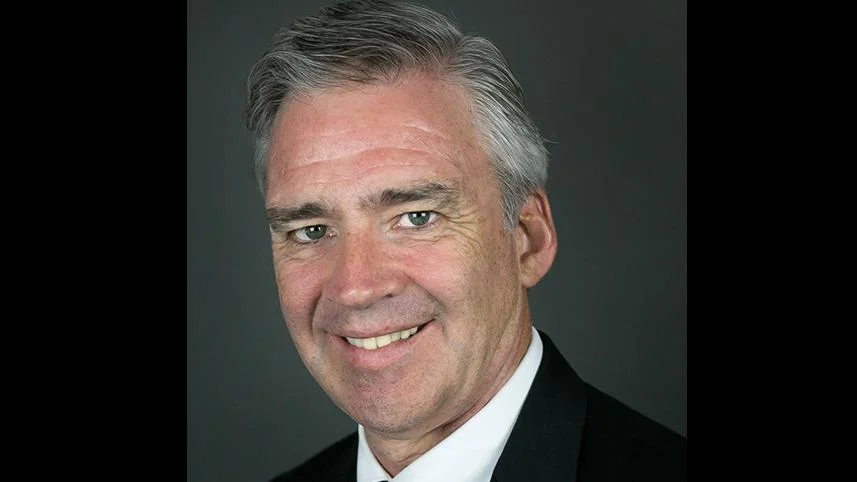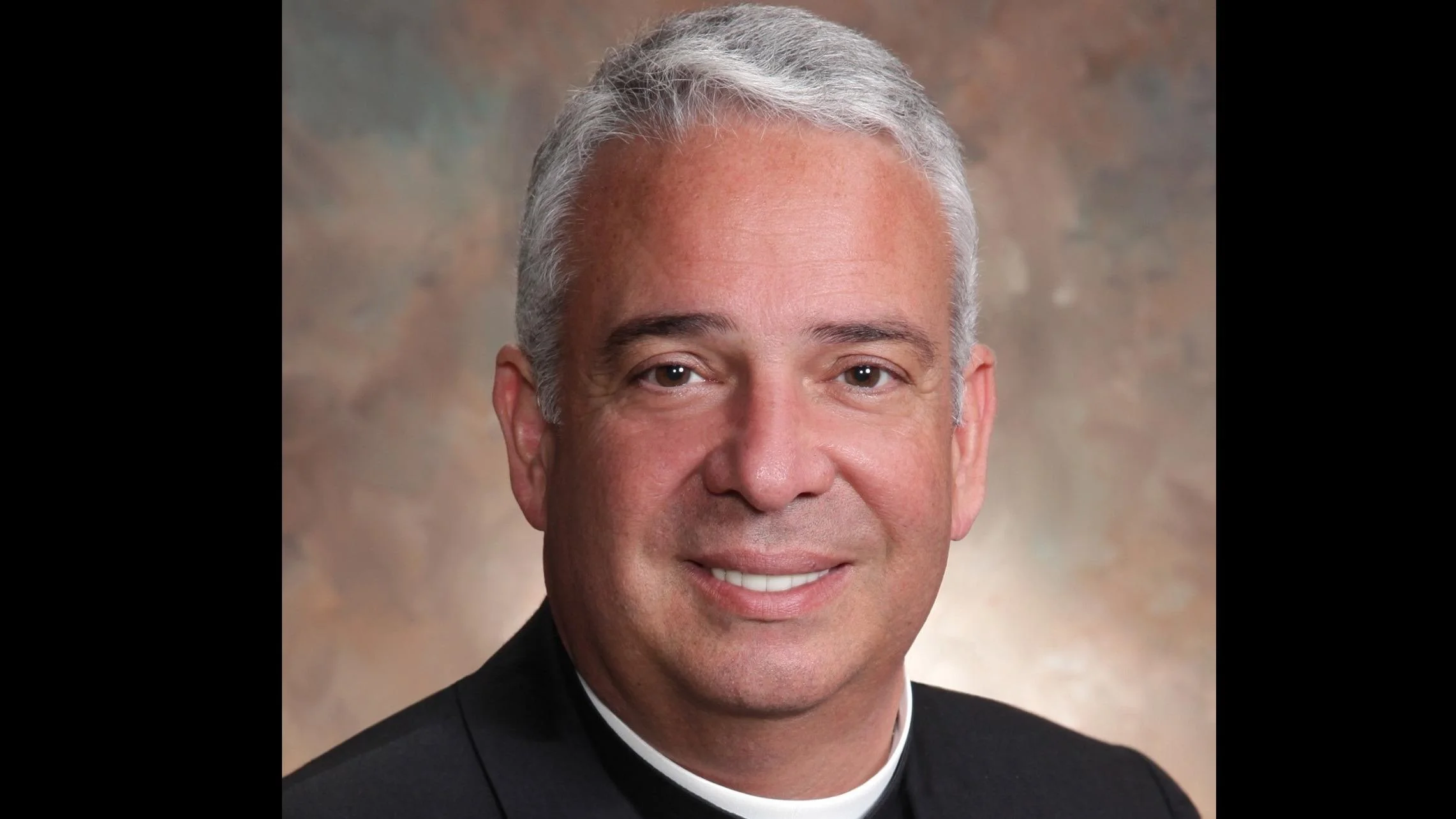
Bishop Thomas John Paprocki | Diocese of Springfield
The Catholic Church holds that the papacy is a divine institution established by Christ, not a human creation. According to Matthew 16:18–19, Jesus addressed Peter with the words: “And so I say to you, you are Peter, and upon this rock I will build my church, and the gates of the netherworld shall not prevail against it. I will give you the keys to the kingdom of heaven. Whatever you bind on earth shall be bound in heaven; and whatever you loose on earth shall be loosed in heaven.”
This scriptural passage is central to Catholic teaching about the papacy. Peter is given a unique role among the Apostles. The “keys” symbolize authority and stewardship, which echoes Isaiah 22:22: “I will place the key of the House of David on his shoulder; what he opens, no one will shut, what he shuts, no one will open.” Catholics interpret this as Christ establishing the office of pope as a visible leader for His followers.
Catholic doctrine expands on this foundation. The Catechism of the Catholic Church states: “the Pope, Bishop of Rome and Peter’s successor, is the perpetual and visible source and foundation of the unity both of the bishops and of the whole company of the faithful. For the Roman Pontiff, by reason of his office as Vicar of Christ, and as pastor of the entire Church has full, supreme, and universal power over the whole Church, a power which he can always exercise unhindered” (CCC 882).
The unity Jesus prayed for in John 17:21 is made concrete through the papacy. The pope acts as a principle of communion—ensuring adherence to apostolic teaching, maintaining doctrinal clarity, and serving as final authority in matters concerning faith and morals. Historically, Christian communities without such an office have experienced division.
Practically speaking, Catholics believe that having a pope provides guidance amid challenges facing Christians worldwide. The pope offers leadership across cultures and nations; he represents moral teachings in international discussions and advocates for those who are vulnerable or poor. In periods marked by confusion or crisis—whether theological or social—the pope can speak with an authority individual bishops do not possess alone. His purpose is not to replace Christ but to serve as His representative on earth.
Ultimately, Catholics see the papacy as a sign of God’s ongoing care for believers—ensuring they always have guidance from a shepherd figure. As Peter was told in John 21:17 to “tend my sheep,” each subsequent pope continues this mission by supporting Catholics with truth and charity. This ministry is considered essential for preserving unity within what Catholics view as one holy church.
Father Marty Smith serves as pastor at St. Francis Xavier Church (Jerseyville), Holy Ghost Church (Jerseyville), St. Patrick Church (Grafton), St. Mary Church (Fieldon), Dean of Jerseyville Deanery, and Regional Vocations Director (Jerseyville Deanery) for the Diocese of Springfield in Illinois.





 Alerts Sign-up
Alerts Sign-up